Veganism is on the rise. In fact, while only one percent of people in the U.S. claimed to be a vegan in 2014, in 2017 six percent said they identify as vegans. Along with the focus on eating a healthy, ethical diet comes a lot of myths. That’s why we want to debunk the arguments against veganism.
After all, if you’re thinking about a cruelty-free lifestyle, shouldn’t you at least have the facts?
What Is Veganism?

Veganism is about more than a diet. It’s a lifestyle; a way of living that seeks not to harm other living creatures. Perhaps the Vegan Society puts it best:
“Veganism is a way of living which seeks to exclude, as far as is possible and practicable, all forms of exploitation of, and cruelty to, animals for food, clothing or any other purpose.”
In other words, vegans don’t eat or wear animals, and they don’t use products that use or exploit other living creatures. Learn more about becoming vegan, without going crazy. If you are interested in vegan meal prepping plans, we have those too.
13 Arguments Against Veganism — and Why They’re Wrong
People who practice veganism know about all the arguments against veganism, but choose to live their preferred lifestyle anyway. And when you look closely at all the arguments against veganism, it’s easy to see just how wrong they are.
Here are 13 arguments against veganism and the facts that debunk them.
1. Too many animals!
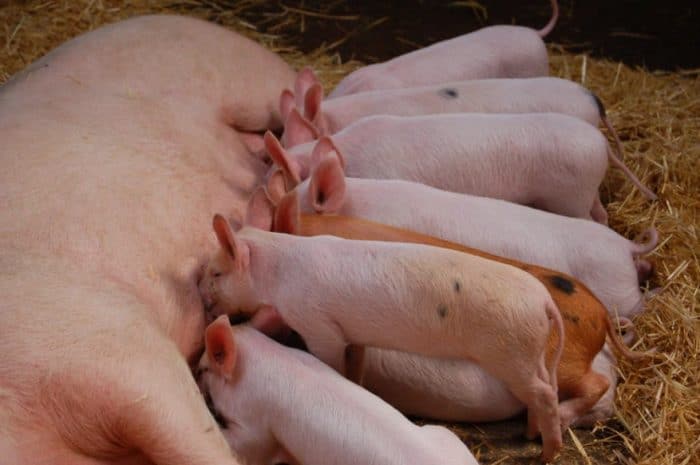
If you’re a vegan, you’ve likely heard this argument. It goes something like this: We are doing animals a favor by eating them because if we didn’t, they would quickly become overpopulated and then likely die of starvation or some other horrible death.
Let’s get the facts straight about this, one of the most common arguments against veganism.
Each year, farmers raise about 70 billion animals for food in the world. And in the U.S., 25 million farm animals are slaughtered for food every day. Farmers raise these animals for nothing more than food production. Without our intervention, those numbers wouldn’t be near that high.
That’s because with factory farming, farmers aggressively artificially inseminate animals to keep them producing. Without this human intervention, there is no way animals would ever maintain the populations they have now.
And to feed the current farm animal population, it takes 70 percent of the grain grown in the U.S., and 75 percent of the global soybean crops.
Just imagine if we used all that food to feed the starving people in our society. According to one Cornell ecologist, we could use all that grain and soy to feed 800 million people.
2. The case of the exploding udder
Of all the arguments against veganism, this is one of the most difficult to understand. The argument says that unless we milk dairy cows, their udders will become so full of milk it could hurt them. The udders could become so swollen that the cows could even die.
But here’s the truth.
In nature, a cow’s udder only fills with milk after she has given birth. Then, the calf suckles about every 20 minutes, relieving the cow of the milk. But in factory farming, that’s not how it works at all.
Instead, farmers artificially inseminate cows over and over again. When the calves are born, they take them away from the cows and hook them up to a milking machine to capture the milk. They do this until the cow simply wears out.
Without man’s intervention, baby calves would suckle naturally.
3. Dining by design
Another one of the common arguments against veganism is that humans were made to eat meat. But a closer examination of our bodies calls that theory into question.
Let’s start with our teeth.
While it’s true that we have canines, which are typically considered a mark of a meat-eating animal, human canines are different than flesh-ripping carnivore animals.
They are much smaller. Also, most of our teeth are flat, which is characteristic of animals that eat only plants.
Our jaws don’t match those of meat eaters, either. Our jaws move side to side, which makes us the only flesh-eating animal with that characteristic.
Most flesh-eating animals tear their food and then swallow it whole. To do that, they don’t need jaws like ours or flat teeth.
And humans don’t have the intestines of meat eaters. Ours are long and designed so that food moves slowly through them, absorbing all of its nutrients.
Meat-eating animals have short intestines, so the meat quickly passes through them. That’s because when meat stays too long in intestines, it can decay in the gut.
Finally, humans lack the correct pH in our stomachs to digest uncooked meat, unlike meat-eating animals. They have a stomach pH of less than or equal to one. But plant-eating animals have a stomach pH of four or five.
And guess what pH humans have? If you guessed four or five, you’ve just correctly debunked one of the arguments against veganism.
4. Brains vs. brawn
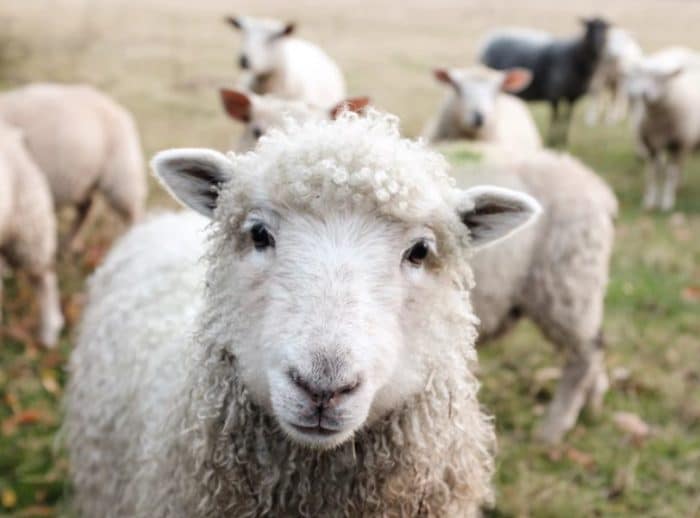
Some common arguments against veganism are difficult to disprove because they are theory and not facts. And that’s the case for the argument that says humans are the more intelligent species so we should have the right to do with animals as we please.
However, let’s look at that argument in another light.
If it’s true that human intelligence gives us the right to do as we please, what’s to stop us from exercising the same control over babies or people with disabilities? After all, humans who are superior in their intelligence can do as they please, right?
Unfortunately, this argument has led to many human atrocities throughout history: slavery, the murder of American Indians, the suppression of women’s rights, and even the Holocaust.
5. Carnivores do it and so should we
Some people point to other meat-eating animals and say that if it’s okay that they kill and eat meat, we should be able to do it too.
But let’s look at that argument against veganism a little closer.
Animals that kill and eat other animals do it with their claws and teeth. But if a man wants to kill and eat an animal, he first has to make a tool that will help him subdue and kill the animal. And once he kills it, he needs other tools to eat it, such as a knife to cut it.
Also, the animals that kill and eat other animals have no choice if they’re going to eat. Their teeth and intestines require them to eat meat, and they must do it to survive. Humans, on the other hand, do not need to eat meat to survive.
Just ask the millions of vegans living healthy lives across the world.
6. Animals don’t have feelings!
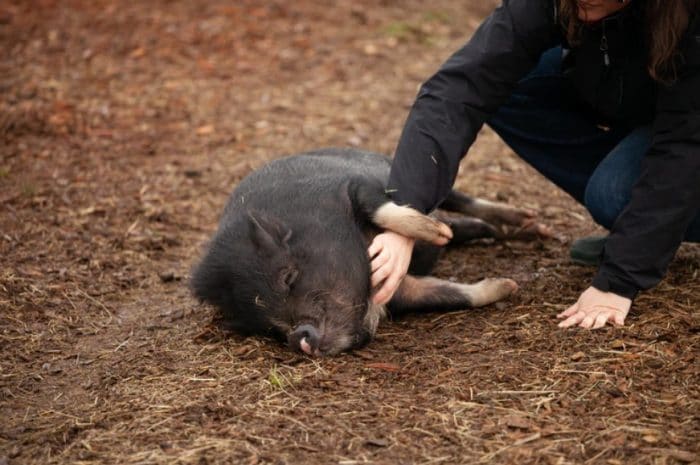
One of the easiest arguments against veganism to debunk is that animals don’t have feelings, so it doesn’t matter if we kill and eat them.
Let me tell you a story. A couple of weeks ago, I went out of town. I packed my suitcase, and my dog, who normally comes with me, jumped up and down, excited to go on another road trip. Only this time, I couldn’t take her.
When I walked out the door without her, I saw something I can only describe as complete devastation. I’ve been home for almost two weeks, and she still won’t leave my side. She was hurt and confused by the trip.
Those, my friends, are emotions.
And dogs aren’t the only animals known to have emotions. Researchers have filmed elephants crying over the death a tribe member, cats are jealous of newborn babies, and pigs are loyal and affectionate.
If you want further proof, just watch some videos of animals showing great fear as they resist walking into the slaughterhouse.
7. The cost is prohibitive
Most vegans eat only organic fruits and vegetables, and that causes many people to believe that being a vegan is too expensive.
But have you looked at the price of steak lately?
While it’s true that buying prepackaged vegan foods such as cashew cream cheese or fake meats is expensive, they are not necessary to a vegan diet. A healthy vegan diet consists of grains, vegetables, fruits, nuts, and seeds.
Anything else is just (non-dairy) icing on the cake.
8. That can’t be good for you
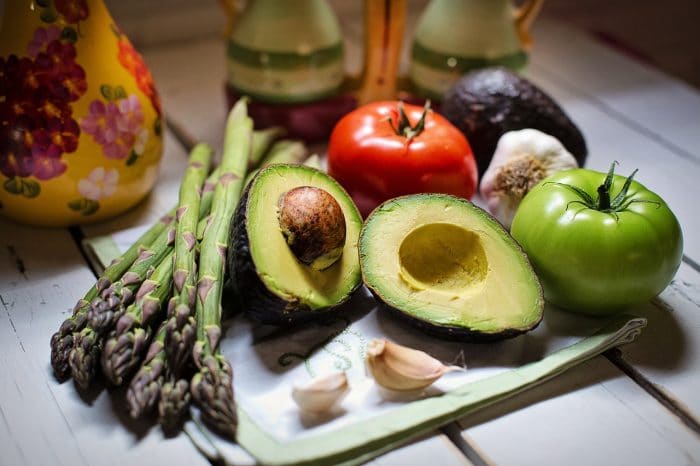
One of the most common arguments against veganism is that a vegan lifestyle can’t possibly be good for you. After all, where do you get your protein?
But here’s the truth. You can get complete sources of protein from some plants and grains — without having to take an animal’s life. For example, quinoa is a complete protein, and pinto beans have almost as much protein as meat, but they don’t contain the saturated fat and cholesterol that meat does.
Talk about a heart-healthy diet.
Some vegans take vitamin B12, iron, and calcium supplements if their diet doesn’t include enough of those nutrients, but many do not. Plants, legumes, nuts, and seeds offer an array of vitamins and minerals that cause most vegans to thrive.
Here’s the ironic thing: Most of the people who claim that veganism isn’t healthy typically eat a diet rich in animal proteins. And that type of diet contributes to heart disease.
9. Vegans destroy farmers
Another one of the common arguments against veganism is that if everyone stopped eating meat, all the farmers would go out of business.
But let’s think about that for a minute.
Back in the days when people debated slavery, one of the popular arguments was that if slavery were outlawed, many plantation owners would take a financial hit. And they did. But they adapted and went on to earn their money in more ethical ways.
Just like farmers who currently kill millions of innocent animals a year will move on and find work that doesn’t require them to kill animals cruelly.
Humans are adaptive, and factory farmers will find more meaningful work. Perhaps they will begin growing vegetables, fruits, and nuts to feed humans.
10. Animal Testing is necessary
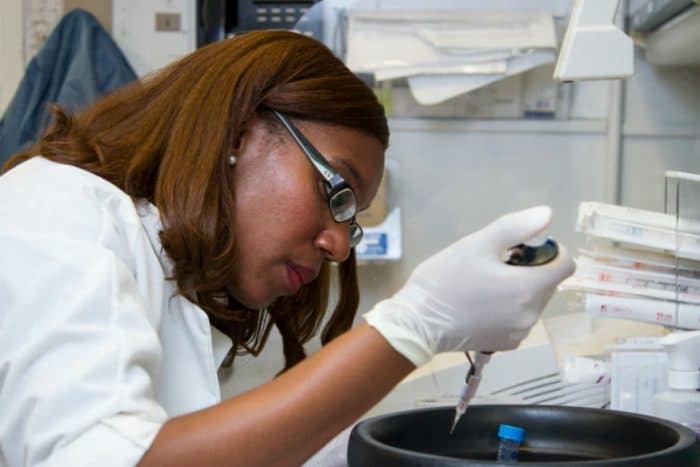
Vegans don’t use products that have undergone animal testing. On the other hand, many people argue that testing is required to make products safe for human use. Many times, that just isn’t true.
Ask yourself: Is it really necessary to blind rabbits with cosmetics to find out what happens if the product gets in your eye? And should other animals have their skin burned off to test the toxicity of household cleaners, or mascara shoved in their eyes to prove that it can cause a reaction?
Most people agree that these types of animal tests are cruel and unnecessary.
But what about animal testing for medications?
When you cross the line into this area of animal testing, the lines begin to blur. After all, if testing on animals helps save lives, it might be worth it. Yet not everything is as it seems.
The animals used for medical testing have their skin burned, their limbs are cut off, they are made to become addicted to heroin and other drugs, researcher operate on them when they’re alive with no painkillers, and they live in tiny cages in isolation.
They are monkeys, cats, dogs, sheep, rabbits, and mice.
According to one scientist, 85 percent of all medical animal testing is thrown out and never published because it’s useless. And the one to two percent of tests that might be useful one day could have been done another way that was less expensive and not as cruel.
In other words, all those animals went through torture for no reason.
There’s a better way
The good news is that there are safer and more accurate alternatives to animal testing.
For instance, human skin tests use a small patch of human skin to test the efficiency of drugs on humans—not animals. And this is important because even though other primates are closely related to humans, they are quite simply not human.
And if you’re going to take medicine, wouldn’t you rather know that it underwent testing on human DNA instead of a monkey or sheep?
11. Animals die while humans produce crops
Another one of the arguments against veganism is that more animals die from crop harvesting than are killed in slaughterhouses.
But let’s look at this argument in depth.
While it’s true that some animals do die while harvesting crops, there is no way to determine how many. Small field animals like mice, possums, and raccoons may get caught under tractor wheels while the farmer is harvesting the field.
Do you remember our earlier statistic? Seventy percent of the grain in the U.S. is grown to feed livestock animals. In other words, 70 percent of the animals killed during crop harvesting die because the crops are being harvested to feed animals.
What if the crops were only grown to feed humans? The amount of crops harvested would drastically decrease, and that would result in fewer field animals dying during harvest.
Do you see how looking at some of these arguments against veganism can be turned around so easily?
12. Eggs-actly over reacting
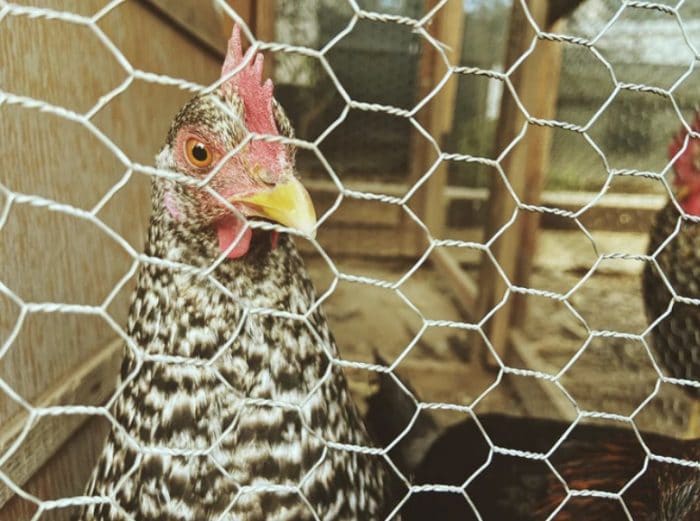
Another misconception about veganism is that they go too far when it comes to their diets. After all, no harm comes to animals during egg production, right?
Not so fast.
Factory farming has completely transformed the egg industry. Gone are the days when hens happily wandered outside in the sunshine, pecking away at the ground for worms.
Today’s chickens live cramped inside a building with no sunshine, no fresh air, and conditions so filthy that many of them die from it. Some chickens live in cages that are too small for them.
Farmers breed these chickens only for their eggs, and they live miserable lives. And because only female chicks are considered useful to the egg industry, the industry ruthlessly kills male chicks as soon as they’re born. Most of them travel down an assembly line and are feed into a machine that grinds them up alive.
And those female chicks that do survive undergo a painful debeaking process where they are hung upside down, and a laser debeaks them. There are many nerve endings in a chick’s beak, and this process can cause the chick to experience pain for the rest of its life.
Shall we move on to the milk industry?
13. Dairy isn’t cruel, and it’s healthy
The factory farming milk industry is not much better. To get the cows to produce enough milk, a farmer must keep the cows pregnant by artificially inseminating them. Instead of allowing the cow to keep her baby, farmers cruelly take it away from her so they can bottle and sell the milk.
Have you ever seen a cow lose her baby? The bond between a cow and her calf is one of the strongest in the animal kingdom. Some mother cows scream for weeks after losing their babies.
These dairy cows give birth over and over again, and finally, when they’re five to six years old and can’t produce enough milk anymore, the farmers slaughter them. Farmers typically sell the used up dairy cows for hamburger meat.
Arguments Against Veganism: Debunked
As you can see, we can easily debunk some of the most common arguments against veganism. There is a lot of bad information out there, and all it takes is a little research to expose the truth.
If you’re thinking about becoming a vegan, don’t let the multitude of arguments against veganism keep you from living this ethical and cruelty-free lifestyle.
What about you? Are you living the vegan lifestyle or thinking about it? Have we cleared up any misconceptions you had about veganism and what it means to animals and the world? If so, we would love to hear about it in the comments below!
Leave a Reply